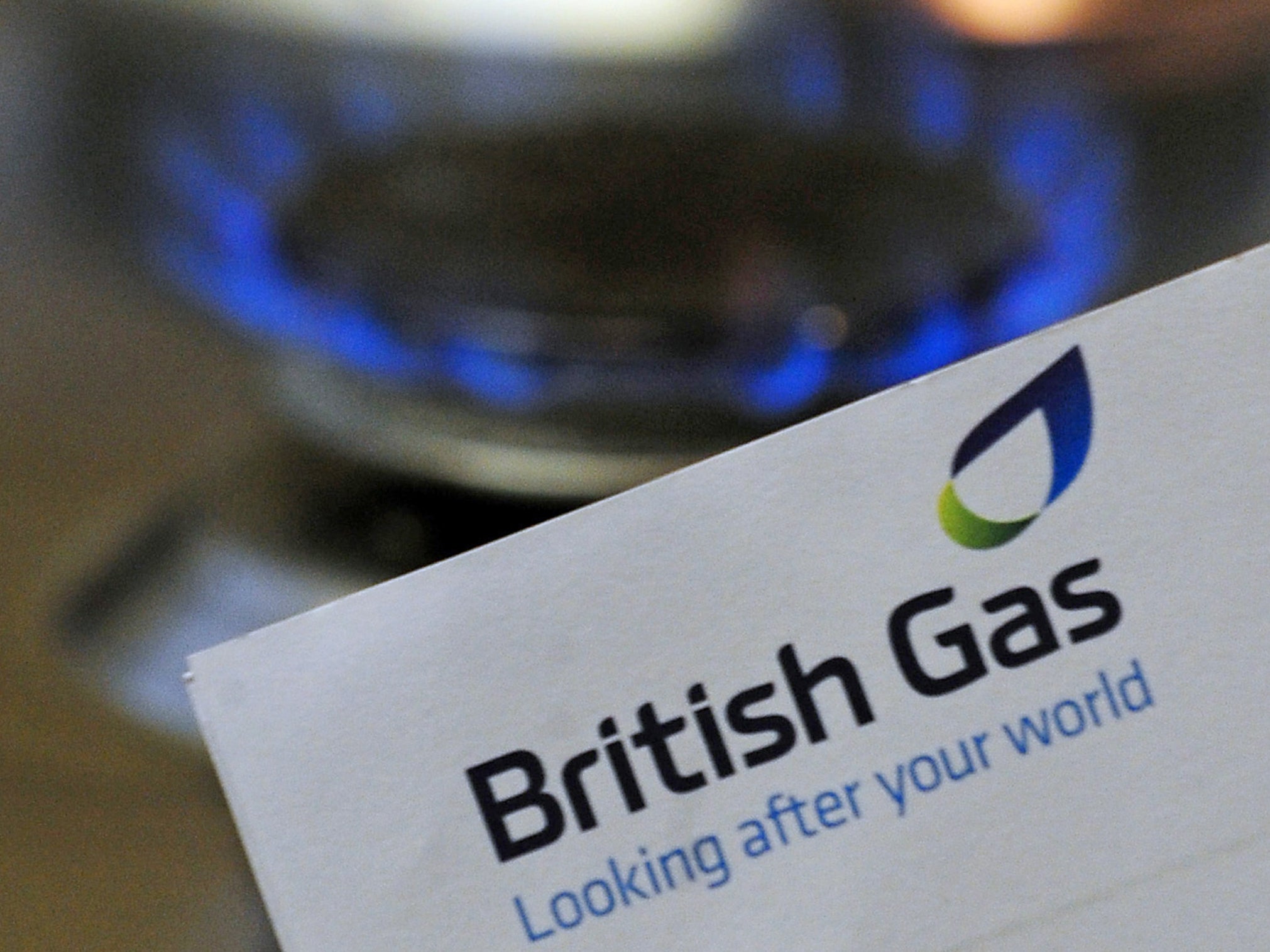Energy price cap could mean people missing cheapest deals, warns consumer champion
Which? said the cheapest tariffs had vanished from the market as suppliers prepared for the cap’s implementation

Theresa May’s energy price cap which comes into force on Tuesday could mean people missing out on the cheapest electricity and gas prices, the UK’s foremost consumer group has warned.
Which? said some of the cheapest tariffs available had been vanishing from the market as suppliers adjusted their operations in the run-up to the cap’s implementation.
The prime minister argued the cap would cut bills for millions of families who have been “ripped off by energy companies”, but the consumer group indicated that many people would actually save more money by shopping around for the best deals.
The energy price cap has been set at £1,137 per year for a medium domestic dual-fuel customer paying by direct debit, with regulator Ofgem believing it could save households on average £75 per year.
The cap will remain in place until 2020 and could be extended to 2023 if the energy market does not become competitive enough.
But an analysis by Which? from December found just eight tariffs costing less than £1,000 a year – compared with 77 at the start of last year.
Alex Neill, Which? managing director of home products and services, said: “The energy price cap can only be a temporary fix – what is now needed is real reform to promote competition, innovation and improved customer service in the broken energy market.
“The regulator needs to closely monitor and report on how the cap affects cheaper deals on the market to ensure that customers will still be encouraged to switch and save money.”
Gillian Guy, chief executive of Citizens Advice, said the cap would put an end to suppliers exploiting loyal customers.
But she also echoed concerns, saying: “While people on default tariffs should now be paying a fairer price for their energy, they will still be better off if they shop around.”
The cap was enshrined in law in July in the Domestic Gas and Electricity Act. The exact amount people pay will depend on how much they use, with the cap limiting charges per unit of gas and electricity rather than bills.
Ofgem is to review the cap every six months, with the first review in February to come into force in April.
As the policy finally comes into force after months of preparation, Ms May said: “From today, money will go straight back into the pockets of loyal consumers, including the elderly and those on lower incomes who feel the pinch more acutely.
“But work to tackle this issue doesn’t stop there. We’re working with regulators and industry to ensure that consumers are not unfairly overcharged in the future – whether on their phone bills or their insurance premiums.”
Rebecca Long-Bailey MP, Labour’s Shadow Business Secretary, said the prime ministers energy cap was "too little too late" and has come almost two years since the prime minister to limit energy prices.
She added: "Labour warned that energy companies would hike up prices whilst the government dithered and delayed and that is exactly what has happened, with an unprecedented number of price rises in 2018.
"Labour promised at the last election to introduce an emergency cap to keep average bills below £1000, insulate 4 million homes to help reduce fuel poverty and repair our broken energy system."
The cap follows an announcement by the competition watchdog before Christmas that suggested radical reforms to the way the insurance, mortgage, mobile phone and broadband markets operate after finding that loyal customers are being ripped off to the tune of £4bn.
Following a “super complaint” by Citizens Advice, the Competition and Markets Authority investigated concerns that companies penalise existing customers by charging them higher prices than new customers.
It also found that vulnerable people, including the elderly and those on a low income, may be more at risk of paying the loyalty penalty.
Join our commenting forum
Join thought-provoking conversations, follow other Independent readers and see their replies
Comments
Bookmark popover
Removed from bookmarks